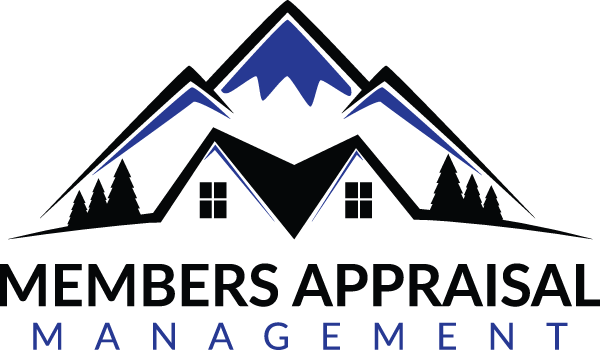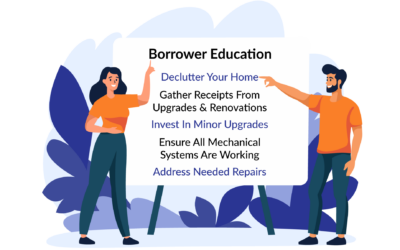Before making the biggest purchase of your life, take some time to think about these five key items that will help you in both the short and long terms. We’ll go through what you need to know before buying a home in this blog post.
Here are 5 things you need to know before buying a home:
- What You Need to Know About Your Credit Score
- What You Need To Know About Your Down Payment
- What You Need To Know About Your Mortgage
- What you need to know about Closing Costs
- Protecting Your Investment With Home Inspection Services Before Buying A New Home.
#1. What you need to know about your credit score
Your credit score is used as a predictor of whether you’ll pay back a loan on time. Before applying for a loan, know your credit score and check that it’s in good standing. A down payment can be anywhere from 3 to 20 percent of the total price of the home, depending on where you get your mortgage. Before making a deposit toward a down payment, consumers should have their credit scores checked by an independent organization, such as one of the major consumer reporting agencies: Equifax, TransUnion, or Experian.
Your credit score should be at least 620. If your score is lower than that, you might have to put down a larger deposit to qualify for the best rates. Before buying a home, consult with a mortgage counselor or lender who can help you develop a plan.
#2. What you need to know about down payment
The larger the down payment, the more homeowner-friendly the terms are likely to be. Before buying a home, it’s recommended that consumers consult with a mortgage counselor or lender who can help them determine the best down payment for their home requirements and financial situation. Some of your options include: A reduced down payment which will likely result in higher monthly payments, Refinancing your current loan with another lender who may accept applicants with lower credit scores, or taking out an equity line of credit on your current property to be used as part of your contribution toward the purchase of your new home if you are a current homeowner.
#3. What You Need To Know About Your Mortgage
Mortgage rates fluctuate depending on the market’s conditions. The economy, the state of the housing market, and federal monetary policy are all factors that influence interest rates. However, your own financial health will impact the interest.
A mortgage with a low-interest rate is cheaper than one with a higher rate. The lower your interest rate, the less you will pay in interest over time. If you want to get the lowest possible interest rate, consider how you’ll use the loan, whether or not you meet the requirements, and how competitive the market is. The fact is that if you have a strong financial history, your loan will cost less. So if you want to save money on your mortgage, improve your credit score, pay off debt and put down a substantial deposit.
#4 What you need to know about Closing Costs
Homebuyers will be responsible for paying closing costs when they purchase a new home. Closing costs can add up to thousands of dollars and may not always be clearly itemized. Before buying a new home, consumers should familiarize themselves with their state laws regarding the disclosure and calculation of closing costs and any associated fees. Before closing on a loan, it’s recommended that consumers shop around to compare the rates and terms of multiple lenders in order to get the best possible rate. Before buying a home, it is advisable that consumers become aware of all the terms governing their loans; if asked, homeowners should be informed and understand what type of mortgage (fixed or adjustable) they are entering into.
#5 Protecting Your Investment With Home Inspection Services Before Buying A New Home.
Home inspections are necessary and are often neglected steps in the home-buying process. Before you buy a new home, it’s important to know what state and local building and zoning codes apply to your property. Before purchasing, consider hiring an independent home inspector to examine the foundation’s strength; the electrical system; the plumbing; heating and cooling systems; as well as insulation; drywall; paint; chimneys; garage doors; roofs; flooring, and more.
Home inspections can cost between $300 and $500 and typically cover between 1,000 and 2,000 square feet of space. Before buying a new home, it’s important to understand the overall condition of your house; what repairs or updates might be needed; whether or not it will pass local building codes; as well as any other associated costs you may incur upon moving in such as replacing appliances.
Chat with a team that understands what you need to know before buying a home.
If you have questions about the home buying process, mortgages, appraisals, or just need some general guidance in the industry, feel free to reach out to us here at Members Appraisal Management. We’d love to chat about what you need to know before buying a home.



